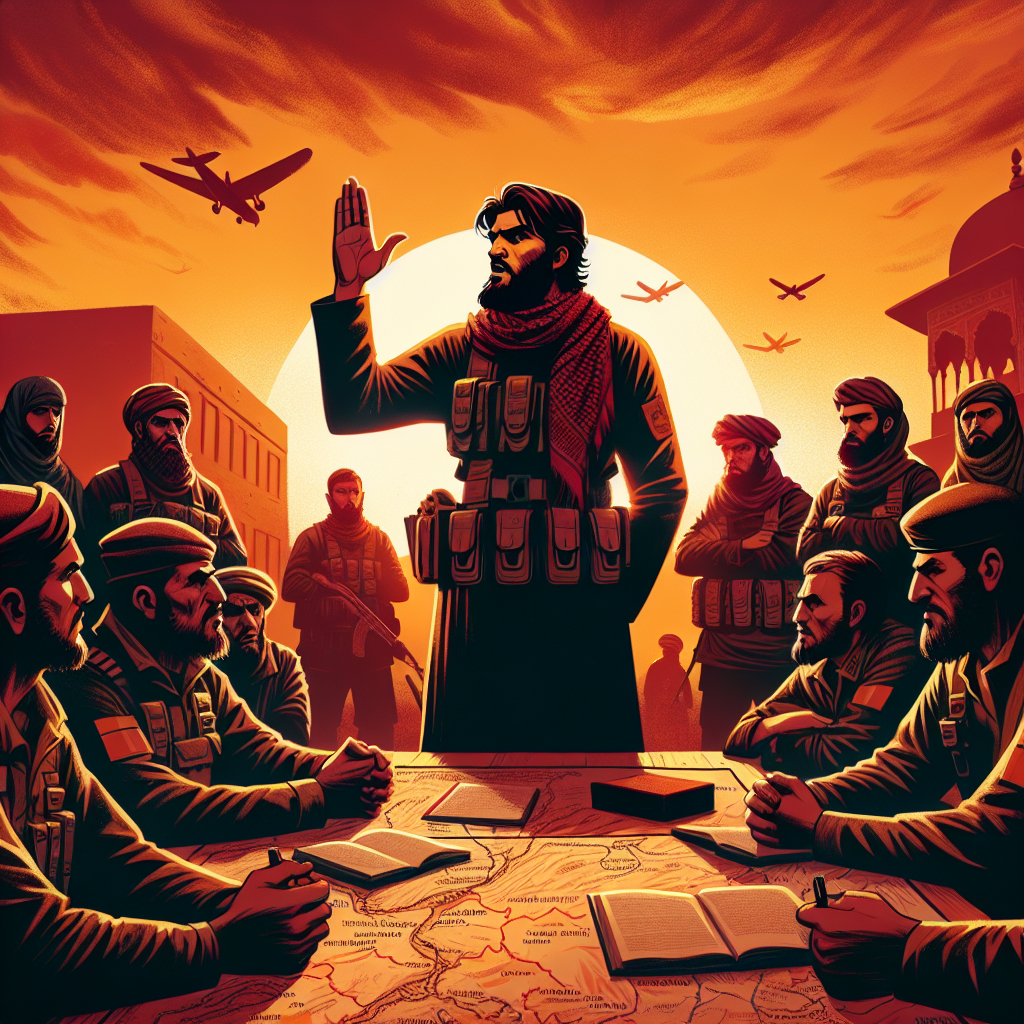Syrian Rebel Leader Vows Just Punishment for Torture and War Crimes Amid Rising Tensions
In a bold declaration resonating with themes of justice and accountability, the leader of Syria’s opposition forces has vowed to pursue individuals responsible for torture and killings of detainees during the regime of President Bashar al-Assad. In a recent address, the rebel leader emphasized the importance of holding former officials accountable for what has been described as egregious war crimes committed over the course of Syria’s devastating civil conflict.
This assertion comes as Syria’s infamous detention facilities, where countless individuals suffered under brutal conditions, reportedly stand empty against a backdrop of ongoing conflict and political instability. Echoing calls for justice, the rebel leader insisted that "no one should escape the consequences of their actions," a sentiment that reflects wider discussions on morality and accountability in times of conflict.
Among the atrocities cited are systematic torture and extrajudicial killings, actions that have drawn international condemnation and calls for legal repercussions. With the war extending over a decade, survivors and victims’ families have long sought recognition and justice for the suffering endured within the walls of Assad’s prisons.
As these developments unfold, they parallel the Biblical principle of justice, notably captured in Proverbs 21:15, which states, “When justice is done, it brings joy to the righteous but terror to evildoers.” The rebel leader’s commitment serves not only as a call for accountability but also as a reminder that justice, while often delayed in a world marred by conflict, is ultimately vital for healing and reconciliation.
Transitioning from the past to the future, the hope for a just resolution remains critical in the ongoing narrative of Syria’s recovery. As discussions around accountability and punishment resonate deeply within communities affected by the conflict, it’s clear that the desire for justice is intertwined with collective healing.
In this context, one might reflect on the larger spiritual implications of seeking justice. The pathway to healing is often paved with hard truths – acknowledging wrong, pursuing accountability, and working towards restoration. In Matthew 5:7, it is said, “Blessed are the merciful, for they will be shown mercy." Embracing forgiveness alongside justice encourages a profound recognition of our shared humanity.
As we consider these unfolding events, we are invited to contemplate the broader lessons about justice, mercy, and the possibilities of healing amidst conflict. Each step taken in the name of justice holds a promise, reminding us of the inherent dignity within every individual and the hopeful potential for reconciliation. Thus, even amid the struggles of humanity, a commitment to righteousness and fairness illuminates the road ahead.
Explore and dig up answers yourself with our BGodInspired Bible Tools! Be careful – each interaction is like a new treasure hunt… you can get lost for hours 🙂


